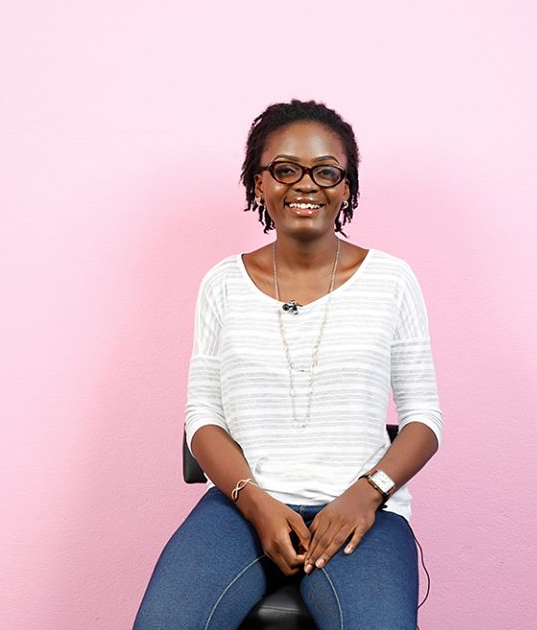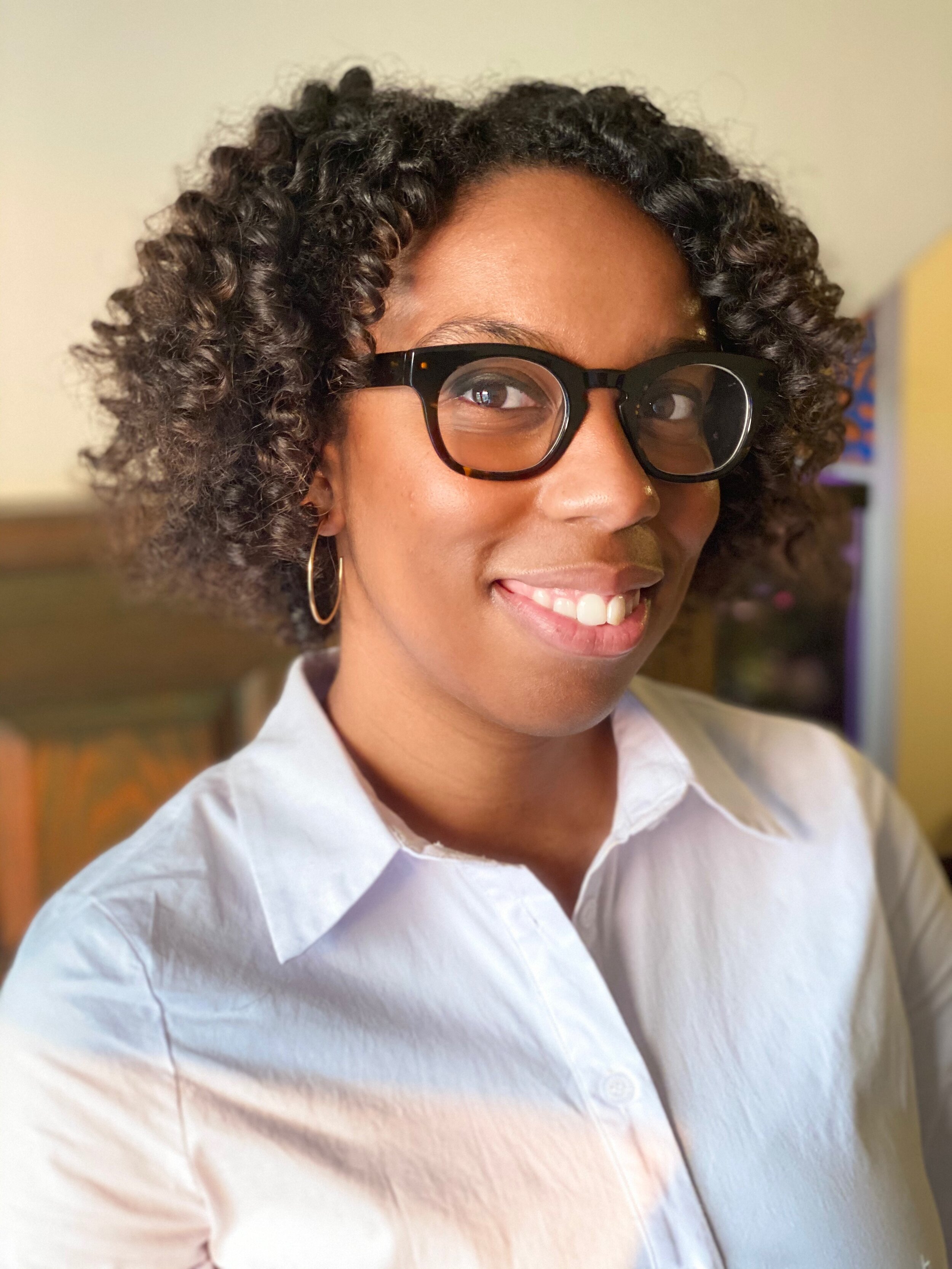
Whatever it is, the way you tell your story online can make all the difference.
It all begins with an idea. Maybe you want to launch a business. Maybe you want to turn a hobby into something more. Or maybe you have a creative project to share with the world. Whatever it is, the way you tell your story online can make all the difference. Don’t worry about sounding professional. Sound like you. There are over 1.5 billion websites out there, but your story is what’s going to separate this one from the rest. If you read the words back and don’t hear your own voice in your head, that’s a good sign you still have more work to do.

Dalaeja Foreman “What does an abolitionist and de-colonial, re-indigenized, curatorial, co-creation process act like?” Dalaeja Foreman (she/they) is a community organizer, curator, cultural worker and first-generation Caribbean-Brooklynite. As a hood-intellectual, their work focuses on political education, Black and Indigenous Autonomy, and community control through community preservation. Radical pedagogy, reclaiming public space, and liberatory action are central to Foreman’s curatorial and organizing practices; specifically with the goal of prototyping counter-hegemonic ideologies and actions, combating internalized misconceptions oppressed people have of ourselves, and emphasizing resistance through direct action and cultural production. She is one of three founders of the woodworking cooperative, breadfruit. Curatorial Project: Cyclical Lessons: Marronage, Liberation, and Co-Creation Abstract: A multi-generational learning experience, this series engages histories and contemporary experiences of Marronage in the Caribbean and Americas through interactive co-creation, challenging participants to connect practices to current continuations in our communities.

Jade Foster “Thinking heavily about the futility of curatorial and artistic practice within global emergencies, how do I navigate my role as a curator?” Jade Foster is a British artist, curator and creative producer of Afro-Caribbean heritage based in Nottingham, UK. They are a founding member and initiator of Black Curators Collective (BCC), with an upcoming project at Glasgow International 2021. Foster holds positions as a Trustee of Nottingham Contemporary, Assistant Curator at Primary, and Creative Programme Coordinator at New Art Exchange (NAE) in Nottingham. They are currently working with artist Maybelle Peters for Primary. As a freelancer, they have worked with UK New Artists (formerly UKYA), Centre for Contemporary Arts (CCA) Glasgow, Live Art Development Agency (LADA), performingborders and Never Done. Curatorial Project: EMBODIED: An Exhibition of Afro-Caribbean Contemporaries Abstract: At the dance, on the streets, in song—sound and movement traverse across space and bodies, taking the shape of a ritual, a message, a resistance, a way to cultivate and preserve knowledge.








“How can we, as curators and arts professionals, work together to create
networks of support and community within our respective practices?”
Zainab Floyd is a Haitian and Afro-American interdisciplinary artist born and based in New York. Floyd is interested in themes of Black feminism and post-colonialism. Floyd is the founder and artistic director of Caribbean Archive, an archival page of Black Caribbean women who have created a scholarship of work representing agency and resistance. She is also the co-founder of ZAZA Uptown, an artist collective founded by Angelica Calderon and Floyd, dedicated to the progress of Afro-Caribbean femmes, women, and GNC artists in uptown New York. Floyd is currently an M.A. candidate at the NYU Graduate School of Arts and Science in the Latin American and Caribbean Studies department with a concentration in museum studies.
Curatorial Project: My Body is a Memory
Abstract: My Body is a Memory surveys the work of artists of Caribbean and African descent to explore the theme of the traveling body across the African diaspora.


Jasmine Chavez Helm “What are the best methods to share knowledge about a relatively unfamiliar region of the Caribbean?” Jasmine Chavez Helm is a curator, podcaster and archivist of Mexican and Afro-Indigenous Nicaraguan descent. She grew up in La Puente, CA and New York City. Helm earned her BA in art history from Cal State Fullerton and her MA in the Fashion and Textile Studies: History, Theory, Museum Practice program at FIT. Helm has worked as curator and archivist in Los Angeles and New York. She is passionate about exploring the cross-cultural intersections between history, art, fashion, and people. Curatorial Project: Fashion Statements of the Mosquito Coast Abstract: The exhibit will investigate the dress history of the Indigenous and Afro-descendant communities in the Mosquito Coast of Nicaragua and Honduras.
